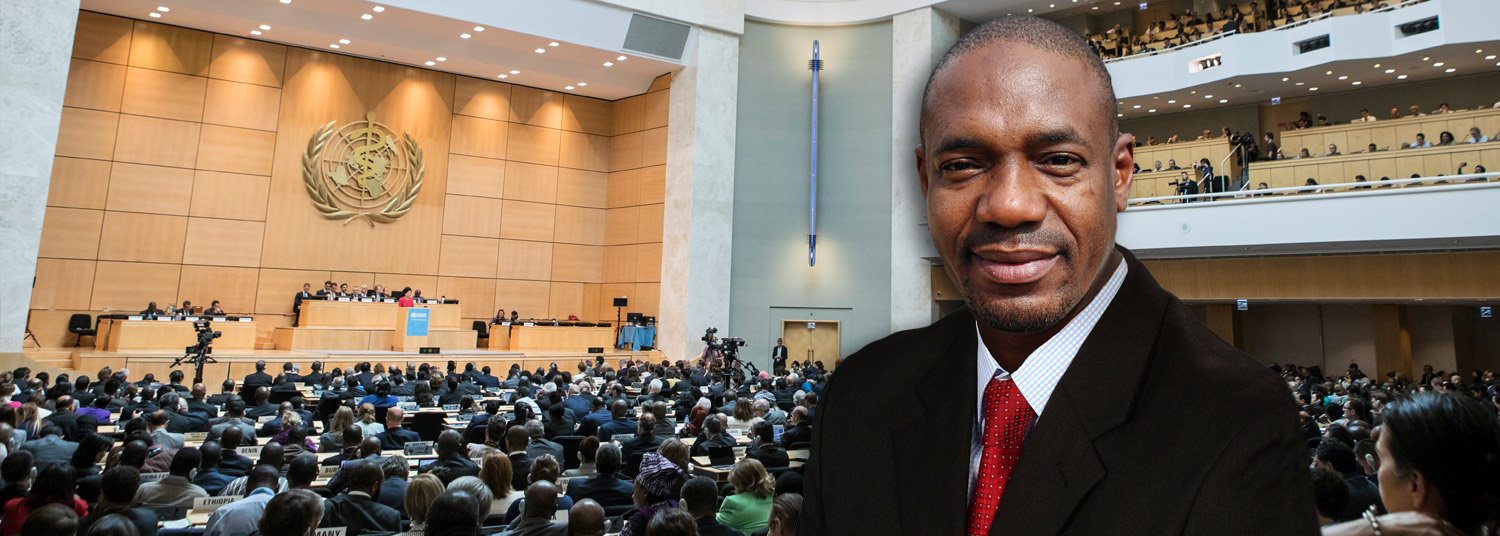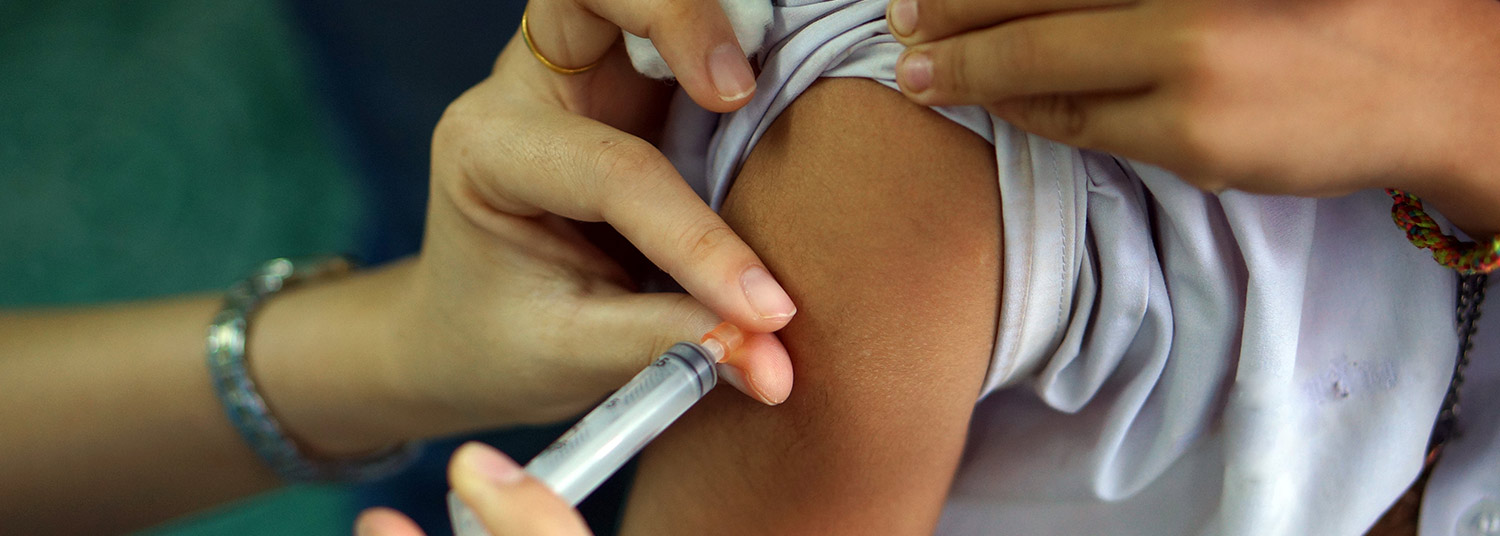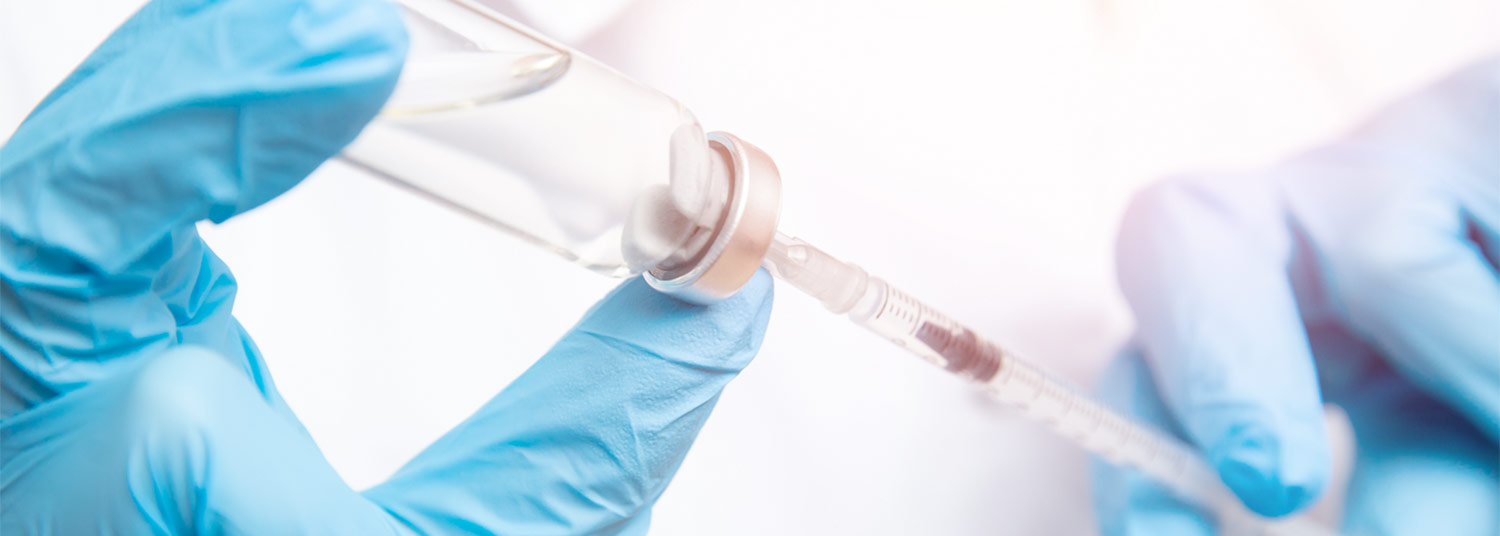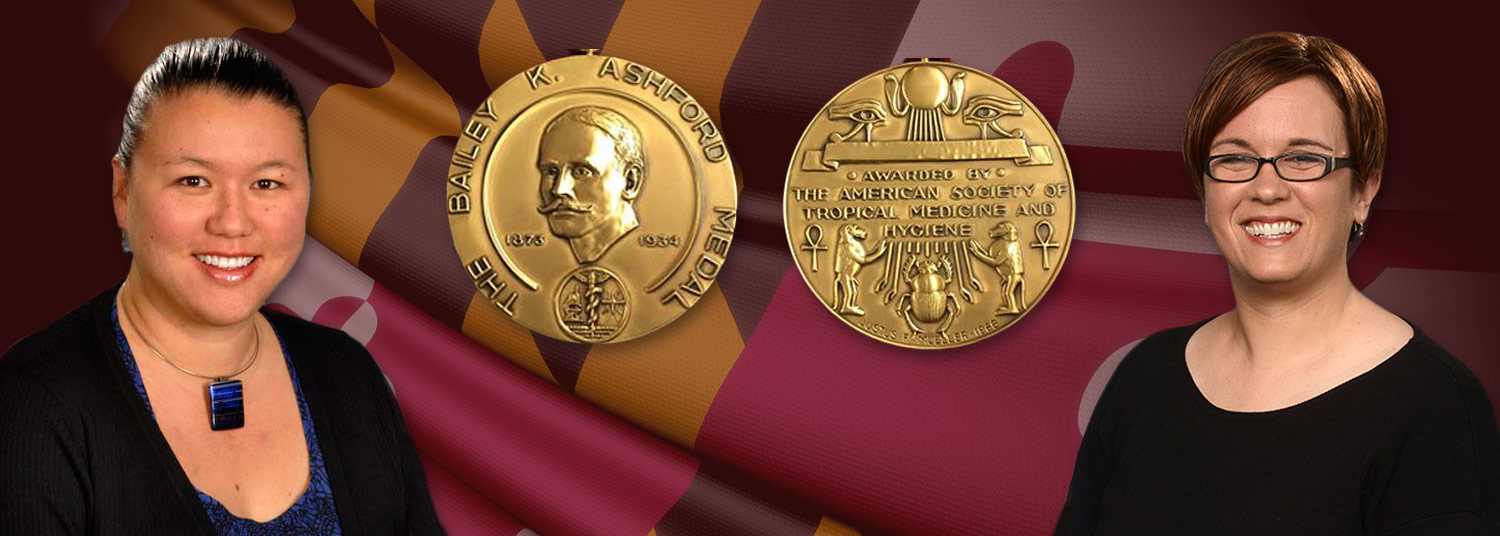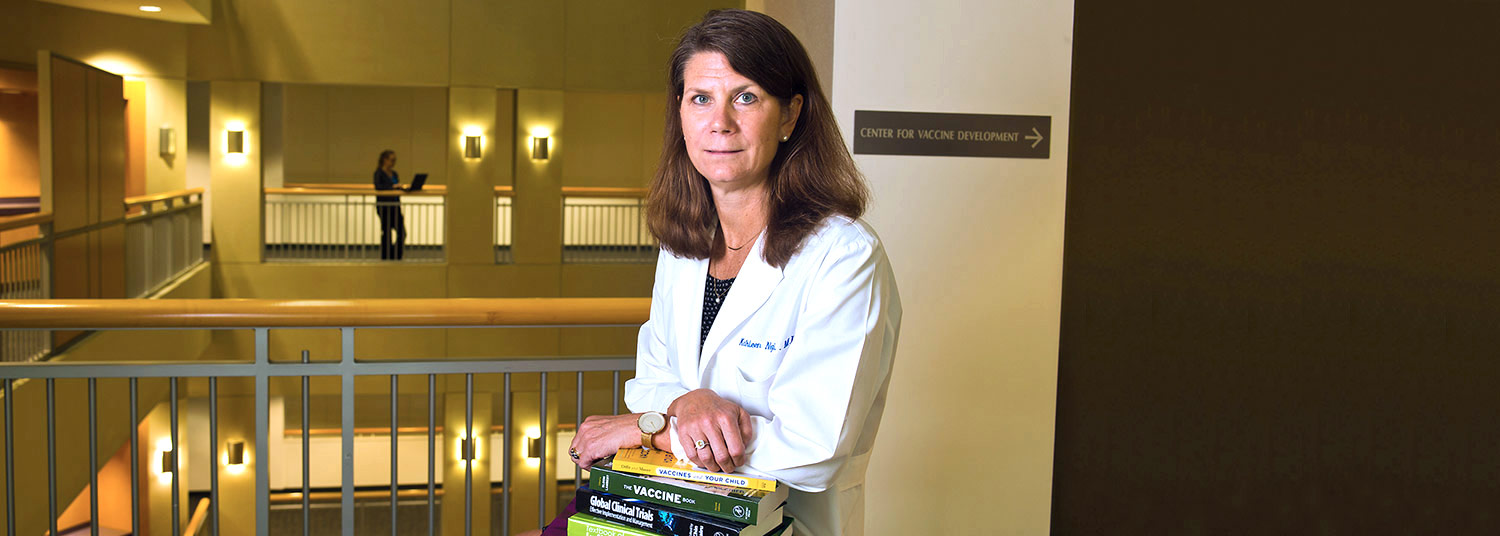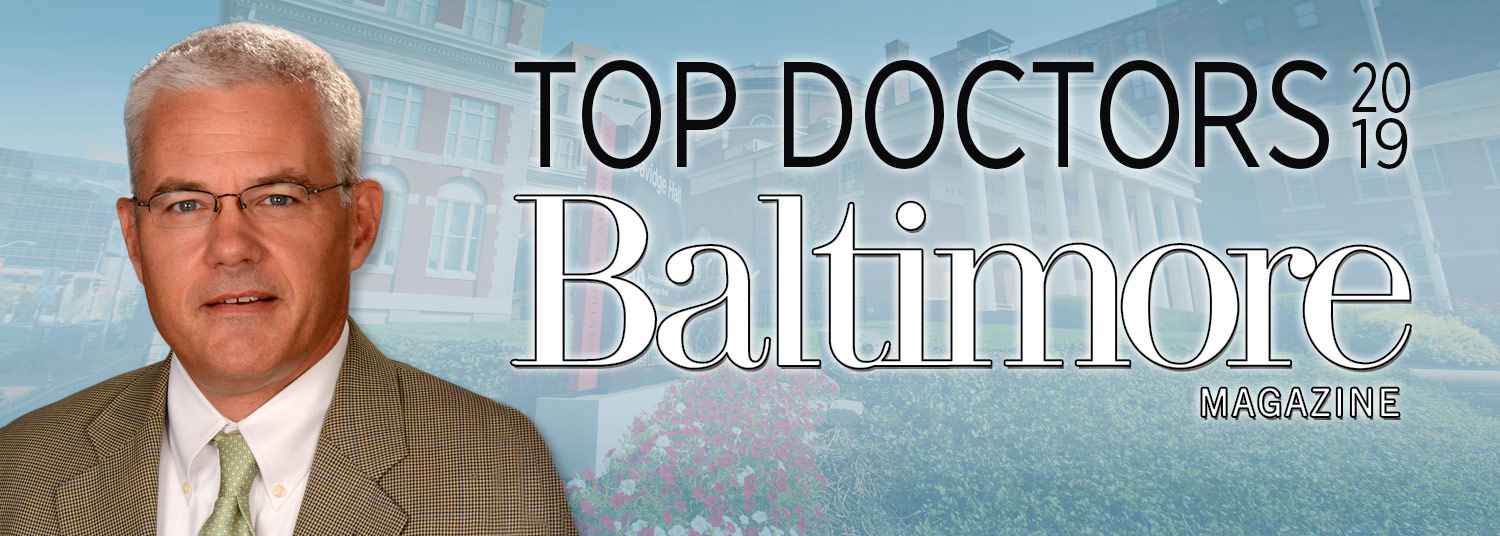January 30, 2020 | Joanne Morrison
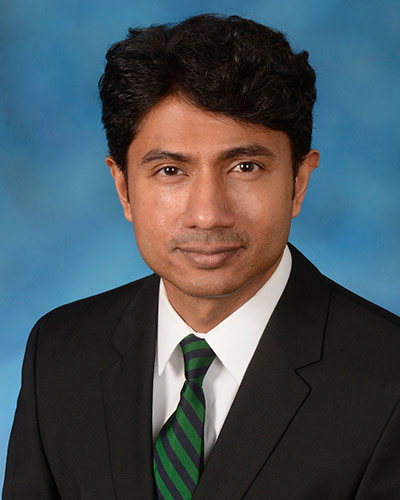
UM School of Medicine Experts Cite Urgent Need for Influenza Vaccinations for Detainees to Prevent Outbreaks
Over the past year, at least seven children have died from diseases including influenza while being detained by the U.S. Department of Homeland Security’s Customs and Border Protection (CBP) agency. Infectious disease experts at the University of Maryland School of Medicine (UMSOM) called for protections like influenza vaccinations to prevent serious outbreaks.
“Detention centers have become tinderboxes for infectious-disease outbreaks,” warned Mark Travassos, MD, Assistant Professor of Pediatrics at UMSOM and a pediatric infectious disease specialist in the UMSOM Center for Vaccine Development and Global Health (CVD). In a commentary published in the New England Journal of Medicine, Dr. Travassos and UMSOM Pediatrics-Internal Medicine Resident Carlo Foppiano Palacios, MD, said that it is not a surprise that thousands of detained migrants and asylum seekers have been quarantined because of influenza, mumps and chickenpox outbreaks.
“Children and adults are being held in crowded conditions without adequate sanitation or medical care,” they wrote, adding that the physical and emotional stress and trauma that migrants and asylum seekers experience can also weaken their immune systems, thereby increasing their risk of systemic infection.
The rise of outbreaks and deaths in these detention centers point to the urgent need for mandatory influenza immunization for migrant children and an opt-out vaccine policy for adults in CBP detention centers, Dr. Travassos and Dr. Foppiano Palacios warned.
“The logistics of vaccine administration are relatively straightforward. Influenza vaccine is simple to administer and carries a low risk of adverse effects. In the event that a detainee has previously been immunized, there is no drawback to receiving multiple vaccinations,” they said.
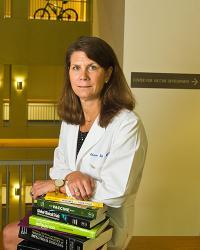 They also recommended that employees at these detention centers be held to similar vaccination standards as health care workers at U.S. hospitals during influenza season, citing the Centers for Disease Control and Prevention’s Advisory Committee on Immunization Practices’ recommendation that all people who work in health care facilities receive annual influenza vaccines. “Mandatory immunization of these workers is critical to limiting the spread of diseases such as influenza,” they asserted.
They also recommended that employees at these detention centers be held to similar vaccination standards as health care workers at U.S. hospitals during influenza season, citing the Centers for Disease Control and Prevention’s Advisory Committee on Immunization Practices’ recommendation that all people who work in health care facilities receive annual influenza vaccines. “Mandatory immunization of these workers is critical to limiting the spread of diseases such as influenza,” they asserted.
Infectious disease specialists at the CVD highlight the importance of the seasonal influenza vaccine. “We know that influenza spreads easily, particularly among children and in crowded conditions, and we know that vaccines are an important tool to prevent outbreaks,” said Kathleen Neuzil, MD, MPH, the Myron M. Levine Professor in Vaccinology, Professor of Medicine and Pediatrics and Director of the CVD.
 For more than four decades, experts in the CVD have been developing and testing vaccines to protect against infectious diseases like seasonal influenza, as well as emerging strains of this virus. Physician-scientists are also researching ways to develop a longer-lasting seasonal influenza vaccine.
For more than four decades, experts in the CVD have been developing and testing vaccines to protect against infectious diseases like seasonal influenza, as well as emerging strains of this virus. Physician-scientists are also researching ways to develop a longer-lasting seasonal influenza vaccine.
“Our infectious disease research at the University of Maryland School of Medicine has served as a critical tool in protecting even the most vulnerable populations, the elderly and those with weakened immune systems, from complex and emerging diseases. Vaccines are an important tool in preventing serious illnesses such as influenza, measles, mumps and chickenpox,” said UMSOM Dean E. Albert Reece, MD, PhD, MBA, who is also Executive Vice President for Medical Affairs, UM Baltimore, and the John Z. and Akiko K. Bowers Distinguished Professor, University of Maryland School of Medicine.
About the University of Maryland School of Medicine
Now in its third century, the University of Maryland School of Medicine was chartered in 1807 as the first public medical school in the United States. It continues today as one of the fastest growing, top-tier biomedical research enterprises in the world -- with 45 academic departments, centers, institutes, and programs; and a faculty of more than 3,000 physicians, scientists, and allied health professionals, including members of the National Academy of Medicine and the National Academy of Sciences, and a distinguished two-time winner of the Albert E. Lasker Award in Medical Research. With an operating budget of more than $1.2 billion, the School of Medicine works closely in partnership with the University of Maryland Medical Center and Medical System to provide research-intensive, academic and clinically based care for nearly 2 million patients each year. The School of Medicine has more than $540 million in extramural funding, with most of its academic departments highly ranked among all medical schools in the nation in research funding. As one of the seven professional schools that make up the University of Maryland, Baltimore campus, the School of Medicine has a total population of nearly 9,000 faculty and staff, including 2,500 students, trainees, residents, and fellows. The combined School of Medicine and Medical System (“University of Maryland Medicine”) has an annual budget of nearly $6 billion and an economic impact more than $15 billion on the state and local community. The School of Medicine faculty, which ranks as the 8th highest among public medical schools in research productivity, is an innovator in translational medicine, with 600 active patents and 24 start-up companies. The School of Medicine works locally, nationally, and globally, with research and treatment facilities in 36 countries around the world. Visit medschool.umaryland.edu
Contact
Office of Public Affairs
655 West Baltimore Street
Bressler Research Building 14-002
Baltimore, Maryland 21201-1559
Contact Media Relations
(410) 706-5260
Joanne Morrison
Director of Marketing and Public Relations
Center for Vaccine Development and Global Health
University of Maryland School of Medicine
jmorrison@som.umaryland.edu
Office: (410) 706-2884
Mobile: (202) 841-3369
Related stories
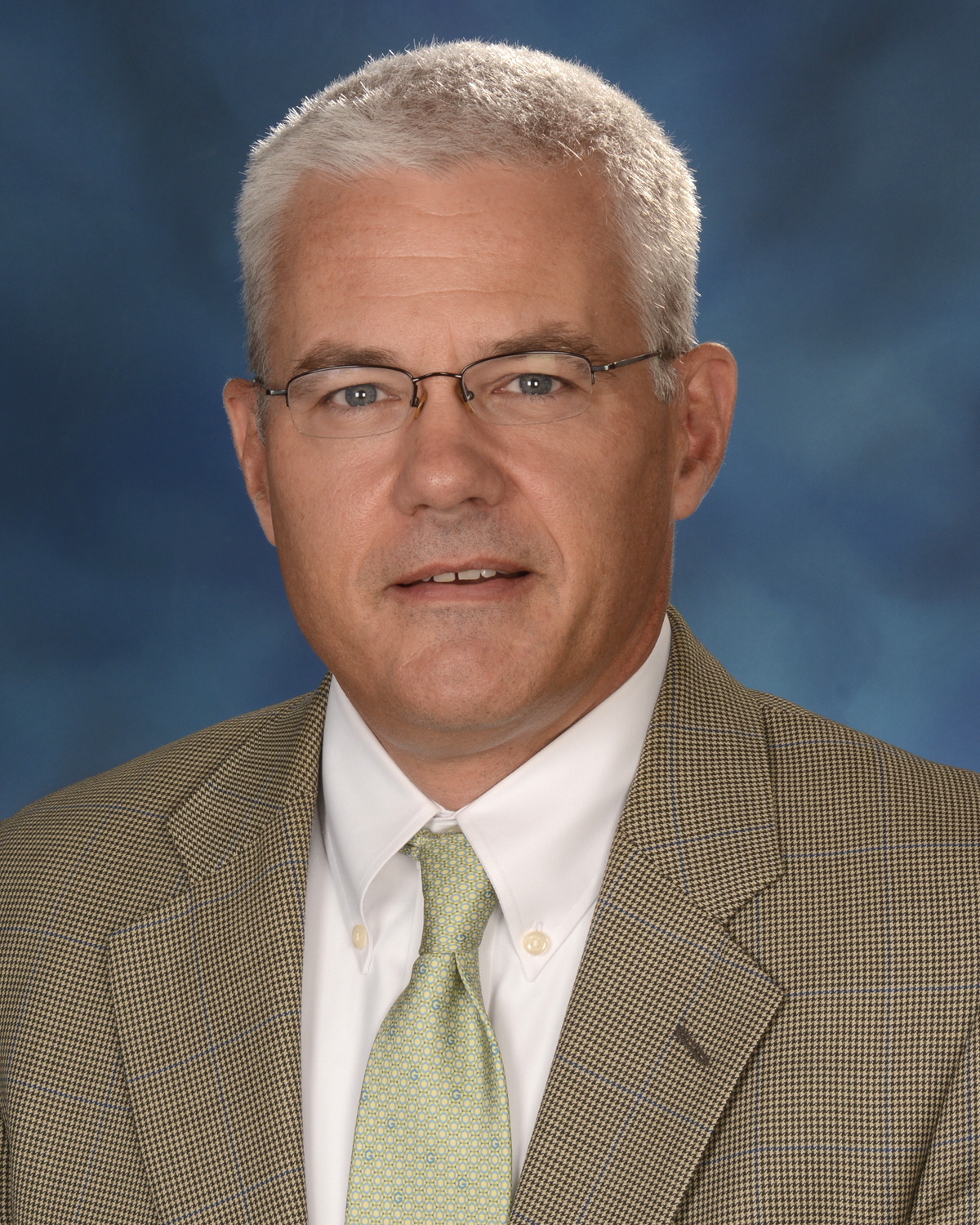
Thursday, October 24, 2019
Dr. James Campbell Makes Baltimore Magazine’s 2019 “Top Docs” List
Dr. Campbell is a pediatric infectious disease specialist conducting important vaccine research
